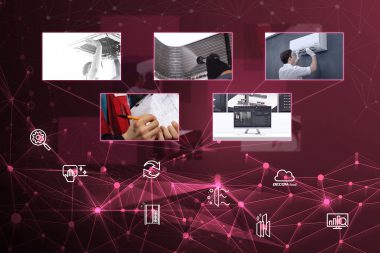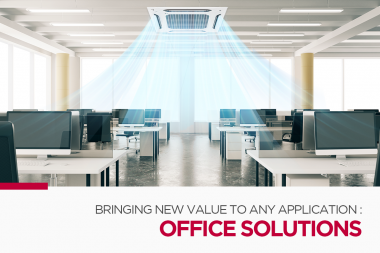Cloud computing can simply be described as the virtualization and central management of data center resources. Companies such as Google and Amazon offer cloud services through online storage and data transfer services that give customers access to resources and data that expands their network and scope. The term ‘the Cloud’ comes from the tendency of people to illustrate the internet as a puffy cloud network. The technology itself extends potential user operations to include an almost endless network of resources. Let’s examine what the future of cloud computing will look like and look at some applications of this revolutionary technology.
What the Cloud has in Store
Cloud computing technology is being utilized by a majority of companies around the world and most of us tap into resources on the Cloud on a daily basis, but the technology is still emerging and new applications are becoming available on the market at a steady pace. We will certainly see an increase in cloud-based services and solutions while some companies are actually taking certain operations off the Cloud citing security concerns and decreased efficiency after testing. As the technology continues to develop, we will soon find out what operations are most suitable for cloud computing. However, the overall increased implementation of cloud services will lead to a major increase in storage space available to account for this boost in online cloud applications. Businesses will also be looking for more efficient use of space along with less expensive data storage options. This increased use of cloud computing will also require enhanced internet performance to allow rapid access to the high-volume data transactions. More companies will look to improve their network speeds to account for the immense amount of data transferred to the Cloud and ensure the delivery of their services. We can also expect to see great efforts to increase online security being made to fight off cyber attacks and keep customer data secure.
How are we using the Cloud?
As the Cloud has become an integral part of a day-to-day business and our personal lives, let’s look at some innovative cloud applications that are taking the market by storm.
Google Drive – Online Service Integration
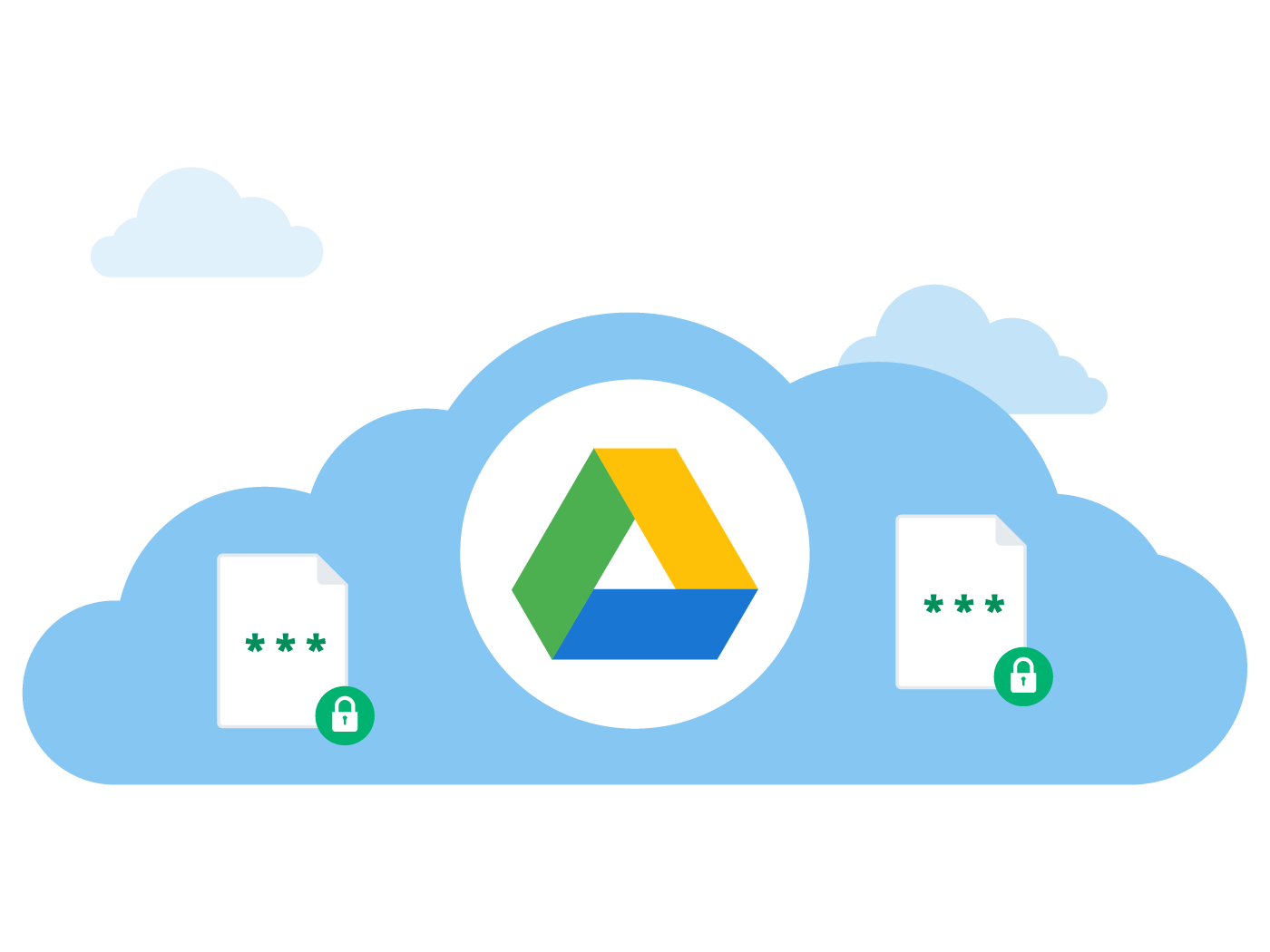
Google Drive is a file storage and application synchronization service that enables users to store, share and consolidate files with other users through the Cloud. Once a user has installed Google Drive, the user’s device syncs with Google Drive and makes documents designated by the user to be accessed from any device. Users can also sync their email accounts with Google Drive and create an integrated online workspace where shared documents can be accessed and edited by other team members to streamline workflow. Individuals and companies alike are taking advantage of this Cloud-based service from Google.
Microsoft Azure – Online Programming Platform
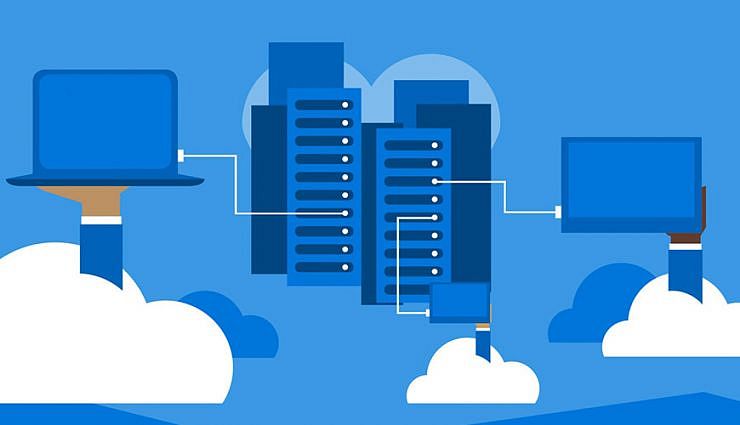
Microsoft Azure is a cloud computing service for developing applications through a global network of data centers hosted by Microsoft. The service, launched in 2010, is a flexible platform that offers an integrated set of tools and online resources through the Cloud so that businesses can quickly and securely develop, deploy and manage their applications. Developers can utilize the resources Microsoft provides on their Cloud network from anywhere and share projects to allow a team of developers to work together from any location. Microsoft also makes it possible to implement open source data along with their innovative AI technology so that users have an expansive set of resources at their fingertips.
NetSuite – Cloud-Based Business Management

NetSuite is a cloud-based platform that allows companies to conveniently manage all aspects of their business through one integrated channel. Businesses can seamlessly handle operations such as inventory management, e-commerce, financial reports and CRM (Customer Relationship Management) systems without procuring hardware or spending their budget on licenses fees or maintenance. Users can integrate their data sources with NetSuite to streamline company-wide operations and allow access to employees for a truly integrated global business.
LG BECON – Integrated Building Management System
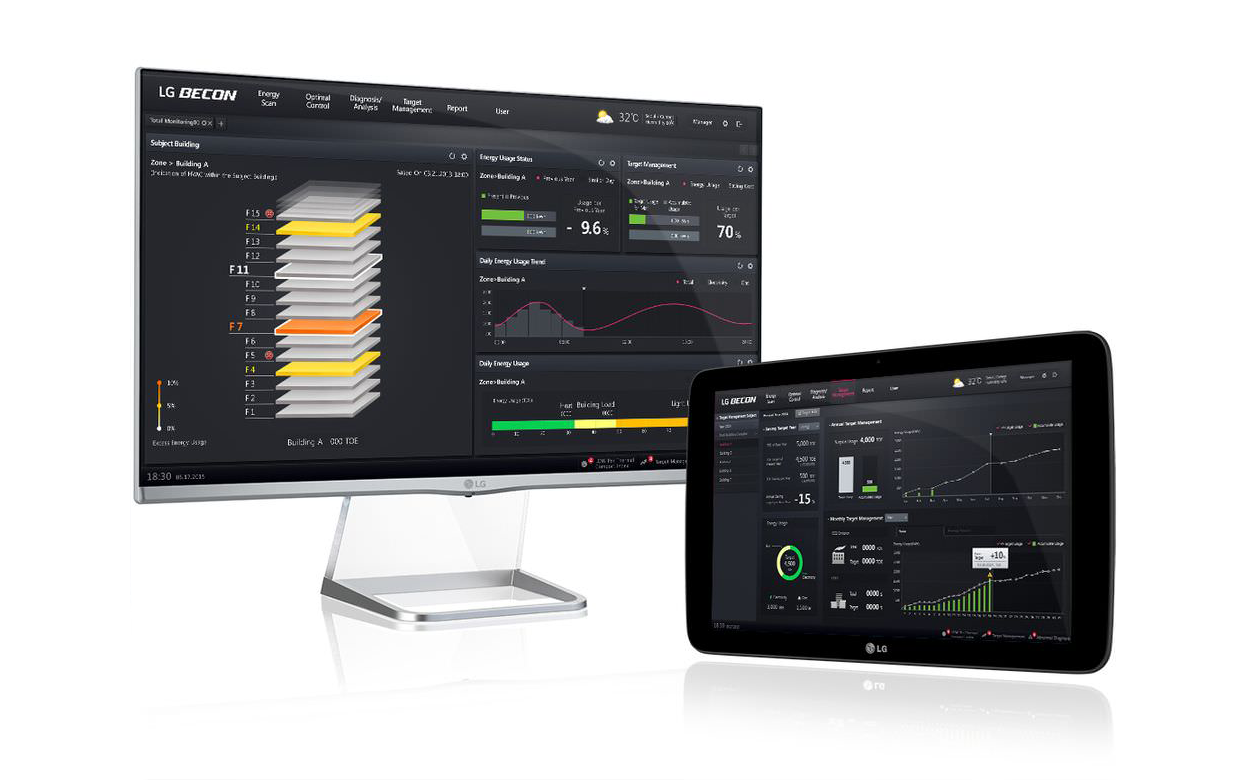
LG BECON is an IoT based building management system delivering comprehensive building automation, energy consumption analysis and equipment control functionality through the BECON Cloud. The system utilizes the Cloud to offer a single point of control for users to access all facets of building operations and allows users to create custom screens for monitoring specific operations and data points collected from sensors in systems throughout a building. LG BECON utilizes the Big Data acquired from the sensors in devices and control points in a building and displays energy consumption information according to energy source, floor, zone, equipment, and facility while offering guidelines for future operations to optimize both energy consumption and user comfort. Elements such as HVAC systems, lighting and electricity can also be controlled from a central control point to deliver fully integrated functionality through the Cloud.
As cloud computing continues to become an essential part of how our systems function, the presence of the Cloud will also continue to revolutionize our lives as a whole. Everything from business operation to application development and building management is finding a home in the Cloud as companies and individuals are finding Cloud applications impossible to ignore. While you’re likely on the Cloud right now as you read this, you’ll soon find the Cloud is in more places than you thought!








